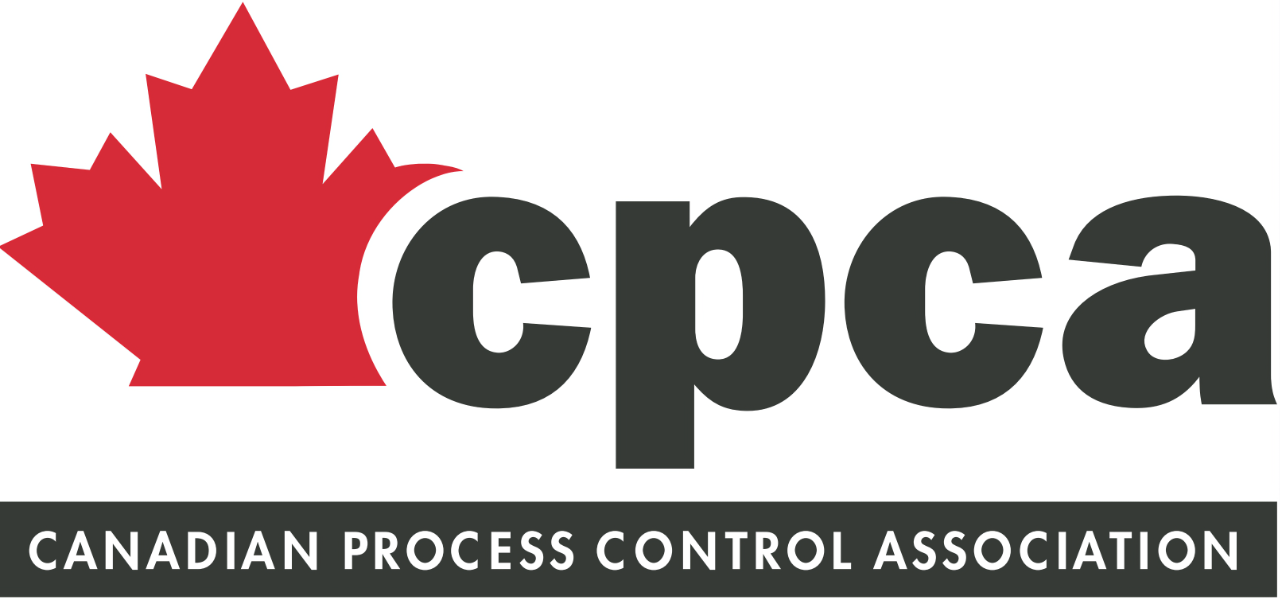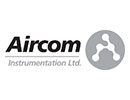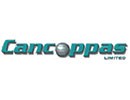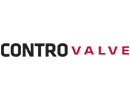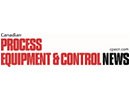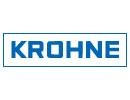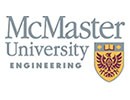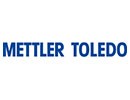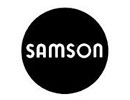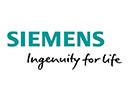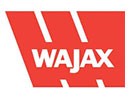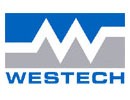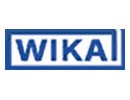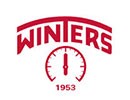Industrial Relations
Focus on Outward Looking Issues
Mission/Mandate
To work with individuals and organizations from industry, regulatory, and government sectors to ensure the CPCA is cognizant of issues affecting members, to communicate the needs of the members, and to work to advance the process control industry in Canada.
Current Projects
Radar level / RSS-210 – through an IRC sub-committee, the CPCA was able to successfully harmonize Industry Canada standards with the European standards. We are now working toward a standard for open air level radar, or RSS-211. Industry Canada wished to harmonize with FCC, and there was communication forged to allow this to occur. We are currently waiting for IC to resolve some internal issues and expect to move forward by the end of June.
Canadian Registration Number (CRN) – a system for registering pressure vessels and fitting. The name is a misnomer, as the system is actually a provincial registration system, where a registration must take place in each province. Although Canada and the U.S. both follow SAME Section VII-1 code for construction, Canada has CSA B51 standard with a more restrictive definition of a Pressure Vessel. Canada requires Fittings to also be registered under this system, where other countries deem these products to be too small to consider registering.
The concerns of the members is twofold: More items require registration in Canada, where safety is not a concern due to stricter definitions and registration is required in each province, with different rules and standards applied, resulting multiple registration numbers to be assigned for the same product. This increases cost both through the registration process and administrative handling and increases time to market for new technologies, decreasing Canada’s competitiveness in the world market.
CPCA has been part of a coalition of associations and companies for a number of years which have made significant progress in this initiative. Currently the majority of provinces have agrees to accept the registration from another jurisdiction. While national harmonization remains the ultimate goal, mutual acceptance is a very positive step in the right direction.
Electrical Mark acceptance/Factory Audits – Product certification affects our members in three ways: Product Certification on components, certifying a complete panel comprised of components manufactured or sold by our members, and the factory audit program of certification bodies. Of concern of our members are the following:
- Mark Acceptance: The SCC accredits several certification bodies to certify components to national standards, giving our members a choice of certifiers to test and certify their components. However, the perception of the market is that Certification Body field inspectors do not readily accept products marked with a rival certification body’s mark without additional administrative costs and time of the end customer. Provincial electrical safety authorities readily accept marks from accredited certification bodies without any additional time or costs. The IRC would like to determine if this perception is founded. If evidence is found among the members that CBs are not readily accepting each other’s marks, then the IRC will work with the CBs to a climate of mark acceptance. If unfounded, then the IRC would recommend a campaign to educate the market on CB mark acceptance policies.
- Factory Audits: For each CB, each product category and each factory applying a Product Safety mark on the product, a member company is subjected to 4 audits per year.
- For example, one member company, with manufacturing in Canada, is required to work with three certification bodies in order to easily sell their product across North America. This manufacturer as a result is subjected to 12 factory audit per year. If even only two product classifications are being audited, this manufacturer is then billed for 24 factory audits.
- In another example, a global manufacturer, selling their product in the North American market, has 8 factories producing products with 4 product classes for two Certification Body marks. In this example, the global manufacturer is now being billed 8 factories x 4 audits x 4 product classes x 2 CBs = 256 audits.
In both examples, the local and global manufacturers have a long clean safety record and passing audits. The concern of the member companies isn’t the audits themselves as the safety of the market is of high concern. The members do question the need for 4 audits per year, especially if a history of compliant audits among several CBs has been established. The time taken to administer these audits cuts our members’ productivity, and costs are either reducing investments or passed on to the Canadian customers, making their finished product more expensive than the global market.
Please log in to access the results of the Certification Bodies Survey on both issues.
Strategic Alliances
The IRC invites and maintains interactions between external organisations with similar issues, and to enhance information sharing to the benefit of the members. The following organizations either currently in active ongoing discussions with the CPCA, or have been identified to enhance communications:
- Certification Bodies (CSA, QPS, Intertek, …)
- MCAA
- Electrofederation
- ISA
- CFPA
- TSSA
- SCC
